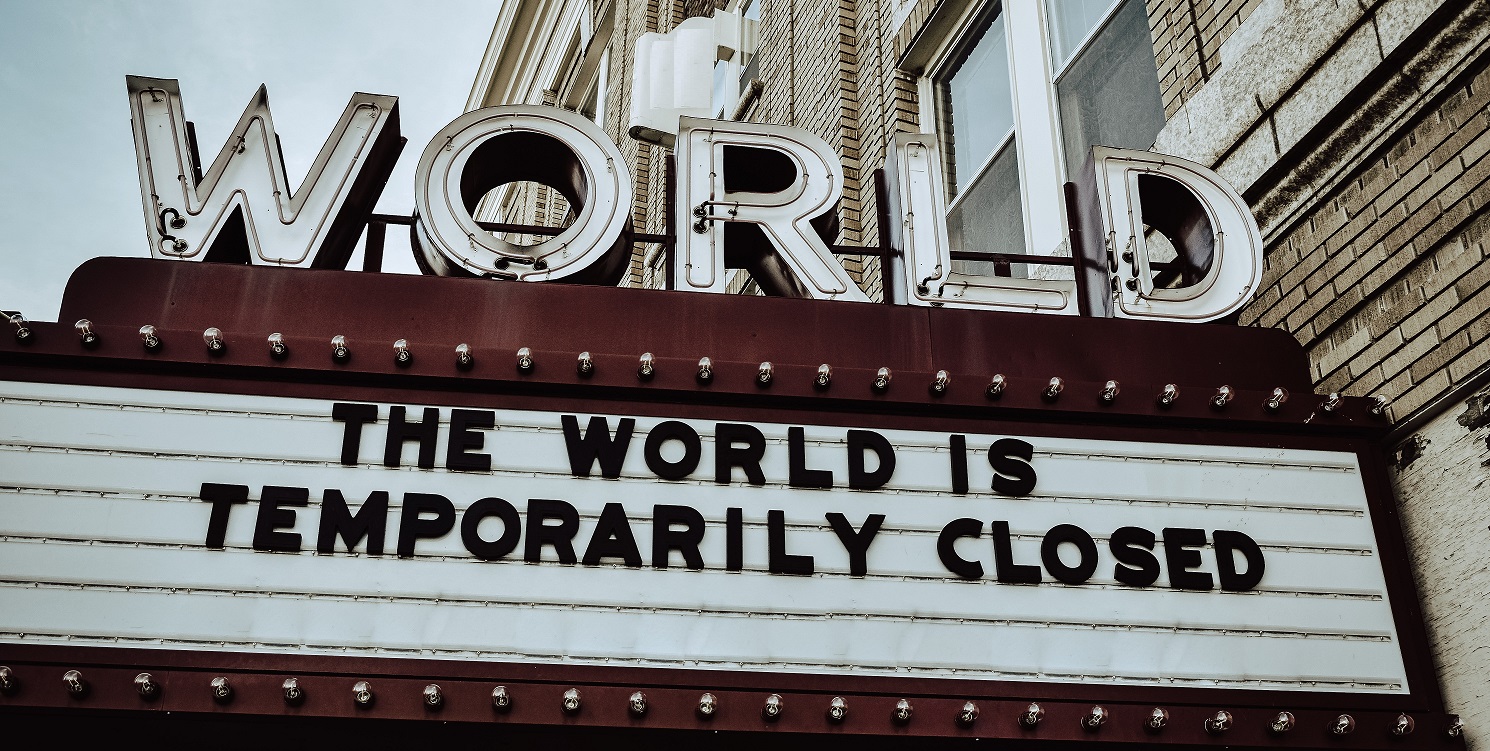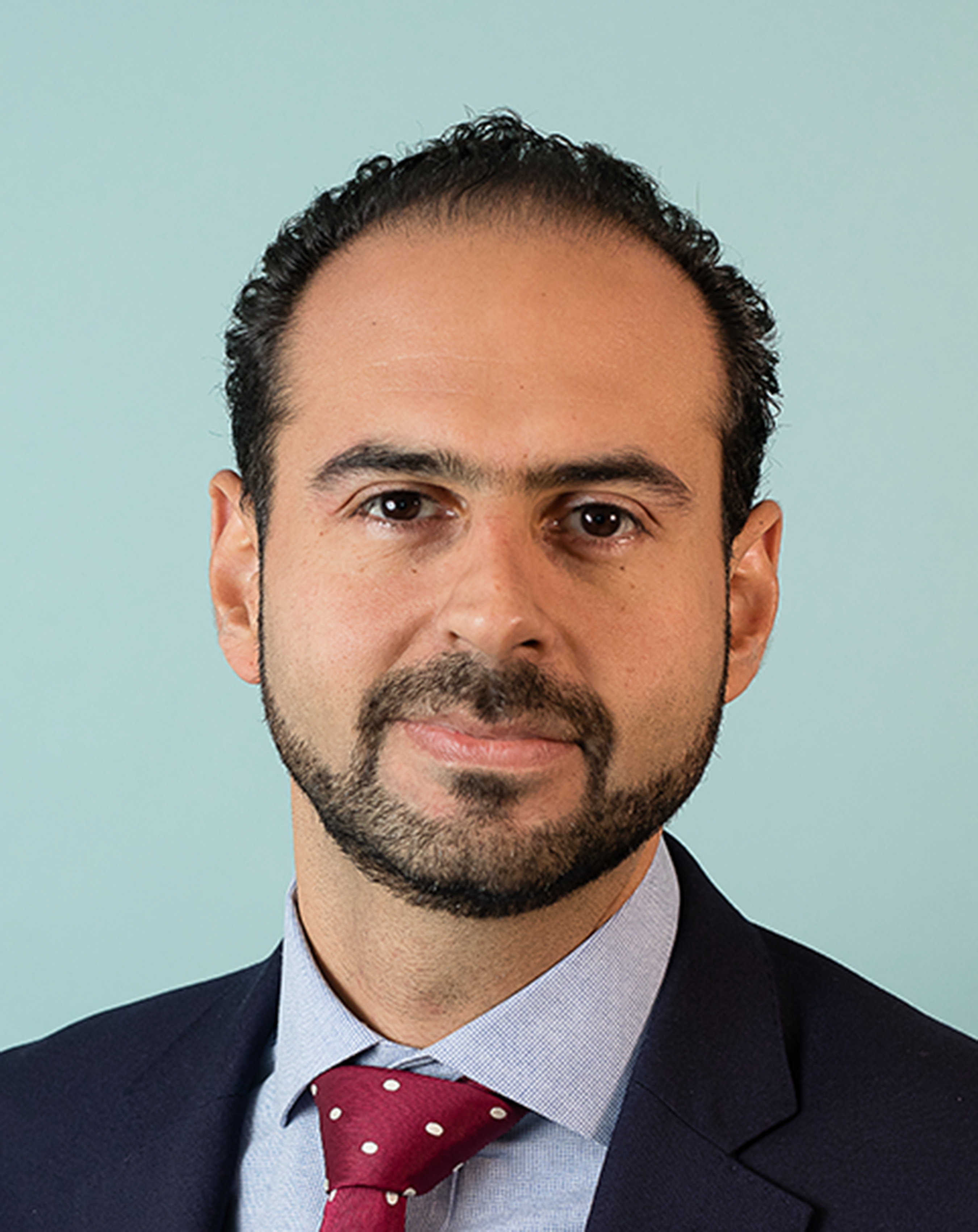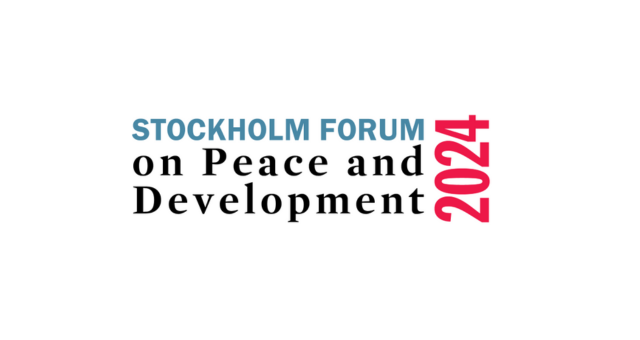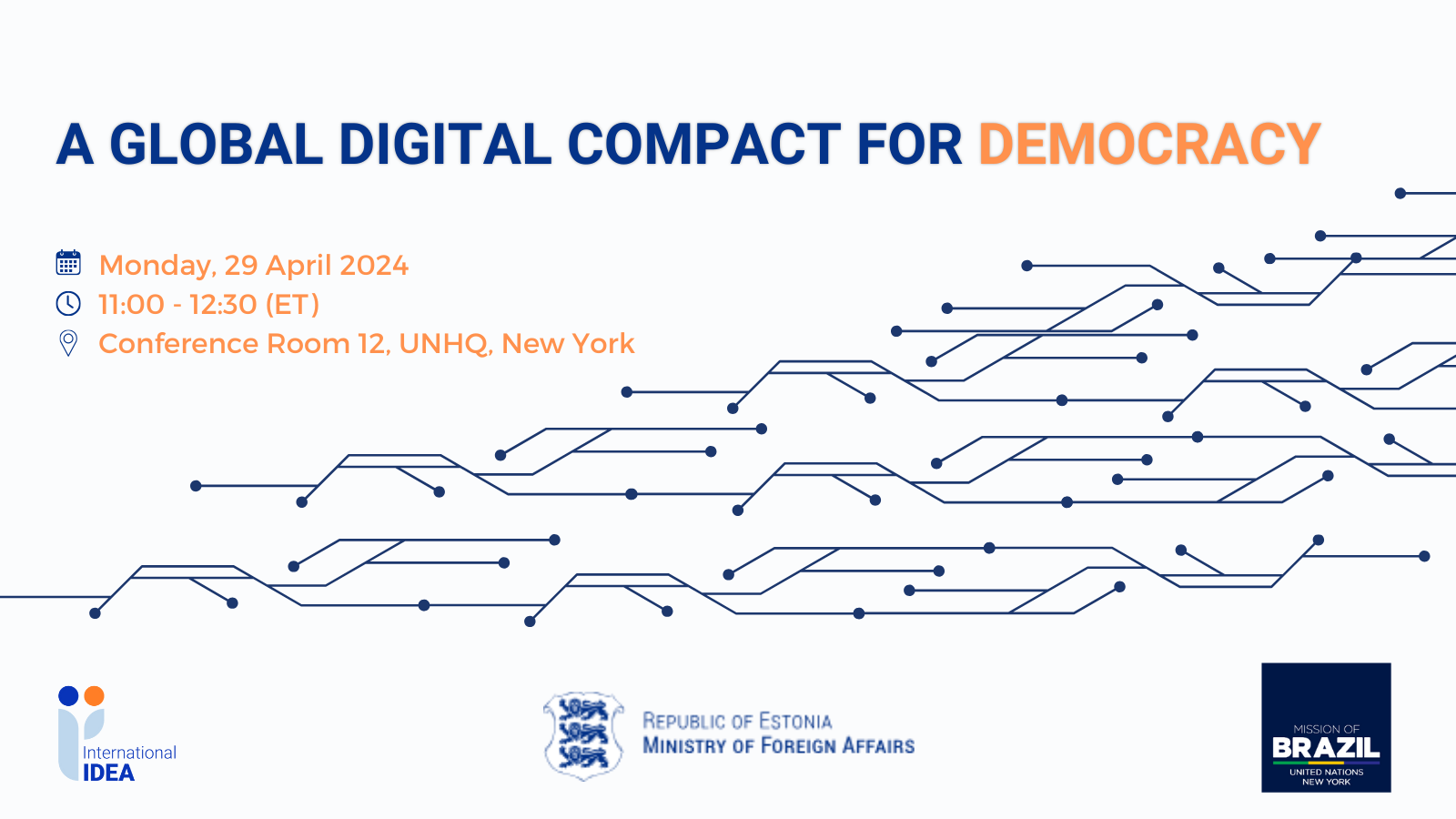Democracy as truth: Why democracies are better at preventing pandemics

‘"A free press and an active political opposition constitute the best early-warning system a country (…) can have”
Amartya Sen
As of 16 May 2020, COVID-19 has infected over 4.6 million human beings and has unfortunately killed over 310,000. In order to stop it, shops have been closed, airplanes have been grounded, Disneyland has closed indefinitely and the economy in most countries has come to a halt, with more than 2.6 billion people (about one third of the world’s population) under movement restrictions. How did we get here? Several factors influenced the progress and impact of the disease, from a highly interconnected world, to unprepared healthcare systems to the contagiousness of the agent itself—the now famous R0 (R-naught). However, there is one underlying factor that played a key role in making this a global issue: because of its political system, China failed to undertake timely action to prevent the spread of the virus.
It all started last December when Dr Li Wenliang, an ophthalmologist from Wuhan Central Hospital, used WeChat to warn his colleagues about a mysterious outbreak—very similar to the SARS virus that in 2003 caused a global epidemic—and advised them to take protective measures to avoid infection. Only four days later, the police paid him a visit, accusing him of ‘disturbing the social order’ and asked him to stop. He was not the only one to be silenced. As infections surged, so did censorship. Fang Bin, a local blogger who posted videos on the situation in Wuhan on Youtube (which is banned in China) and Chen Qiushi, a former human rights lawyer who investigated the government’s response to the crisis, disappeared soon after covering the event. Qiushu has most likely been placed under residential surveillance and has been out of contact for almost 100 days. The list goes on, and at critical turning points Chinese authorities put secrecy and order ahead of openly confronting the crisis.
Why is this? Put simply, and to employ the vocabulary of these difficult times, China is an authoritarian regime and as such it is ‘immune’ to the truth. In China a highly centralized system controls every aspect of politics and society. All political institutions are dominated by a single ruling Chinese Communist Party. Independent institutions and organizations (from the judiciary, to civil society and the media) are considered political challenges. Moreover, basic civil liberties and political freedoms are not guaranteed. There is no opposition, no free press, no freedom of association and of course, no free and fair elections. As a result, alternative sources of information and checks on government and its actions do not exist (or are either silenced or crushed). In the words of international artist Ai Wei Wei, in China “Concealment is a convenient tactic. It is not just about censoring unwanted voices. It is the basic means of maintaining political power”. In China, controlling the truth is more important than controlling a virus.
So, are democracies better at preventing global deadly pandemics? Yes. Democracies face scrutiny, criticism and—most importantly—elections. This makes governments and officials more responsible. How does this work? First, democratic governments are compelled to respond to popular demands (and not only aim to please the boss). Here, citizens can participate and thus have control over the agenda and influence decision-making. Second, democracies allow its citizens a broad array of fundamental rights, including the right to vote, to participate and to investigate alternatives (Dahl, 2000; Whitehead, 2009). The combination of these two factors (accountable governments and availability of rights) results in the truth (even if it’s ugly). Elections, multiparty politics, participation, independent journalism and an active civil society create incentives for seeking the truth. In this context, sounding the alarm of an epidemic is as natural as life.
Moreover, democracy is not only better for preventing global deadly pandemics, it is also better equipped for preventing other catastrophes, such as famines. Nobel Laureate Amartya Sen links democracy to the avoidance of famine. By drawing on a comparison between China and India, he argues that while dictatorial countries had major famines, democratic ones managed to avert them. This holds true even for very poor countries—like India—and for times of food shortages and bad harvests. Why is this? The reason is that in a democracy, governments “have to win elections and face public criticism, and have a strong incentive to undertake measures to avert famines” and basically “cannot help but make such an effort (to prevent them)” (Sen, 1999). The quote used at the beginning of this article—of democracy as the best early-warning system a country can have—refers to countries threatened by famine.
Sen’s work was inspired by China’s great famine between1958 and 1961. Here, authoritarian policies and economic mismanagement (from the prohibition of farm ownership to the reporting of inflated grain production figures) resulted in the death of millions, with some estimates calculating up to 45 million dead. We will never know the actual figure. It is not a coincidence that this happened in China. Many things have changed since Mao and his Cultural Revolution. Today, China has lifted millions out of poverty and has become the world’s second largest economy. However, one thing remains: China is still an authoritarian regime. The truth is withheld and figures are underreported. That must change. Simply because that is the type of regime that facilitated the spread of the virus. If China were a democracy, we might not be in lockdown today.
In the meantime, China’s poor handling of the pandemic has shown us that the myth of authoritarian superiority (the ‘Lee’ thesis) is nothing but a myth. The current crisis has been used by leaders around the world to increase their powers, rule by decree and postpone elections. These measures must be temporary. Citizens must continue to participate, journalists must keep investigating, and political parties must have a voice. As this global pandemic has shown, democracy is a key safeguard against this crisis. And, while no political regime can prevent a coronavirus from infecting a human again, democracy can sure prevent the infection from becoming a global catastrophe. Echoing Yuval Noah Harari, “the best defense humans have against pathogens is information”. This is why now more than ever we need to support and value (nay, cherish) our democratic institutions and practices.
References
Dahl. R. (2000) On Democracy. Yale: Yale University
Sen, A. (1999) Development as Freedom. New York: Anchor Books
Whitehead, L (2009) Democratization. Oxford: Oxford University Press



